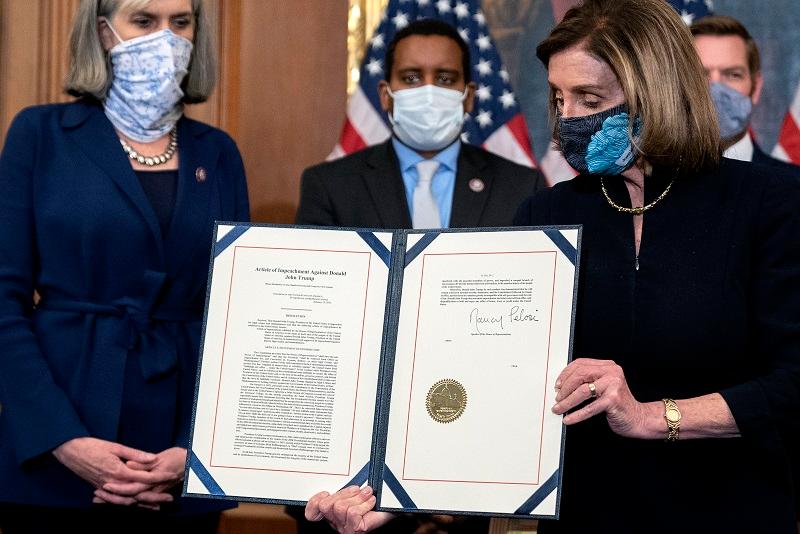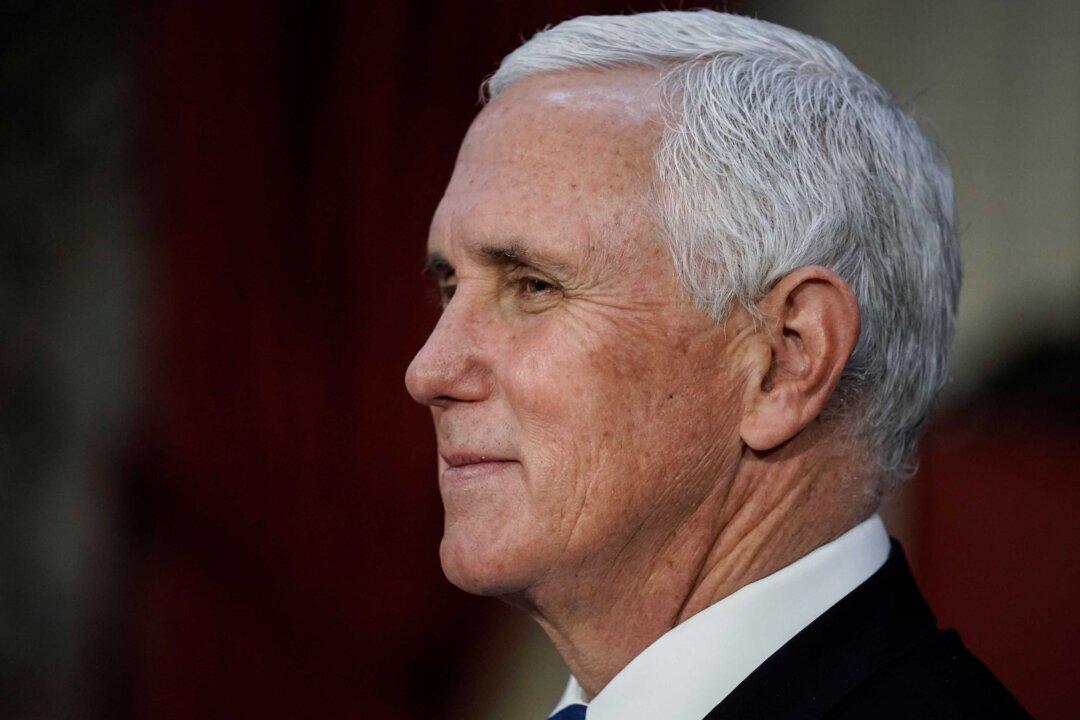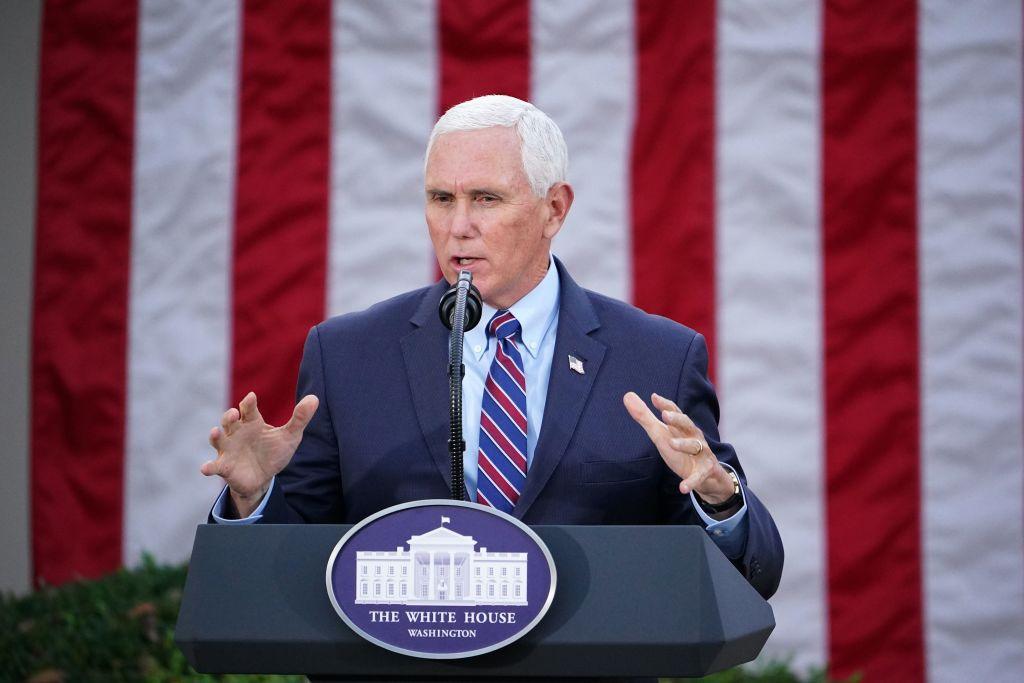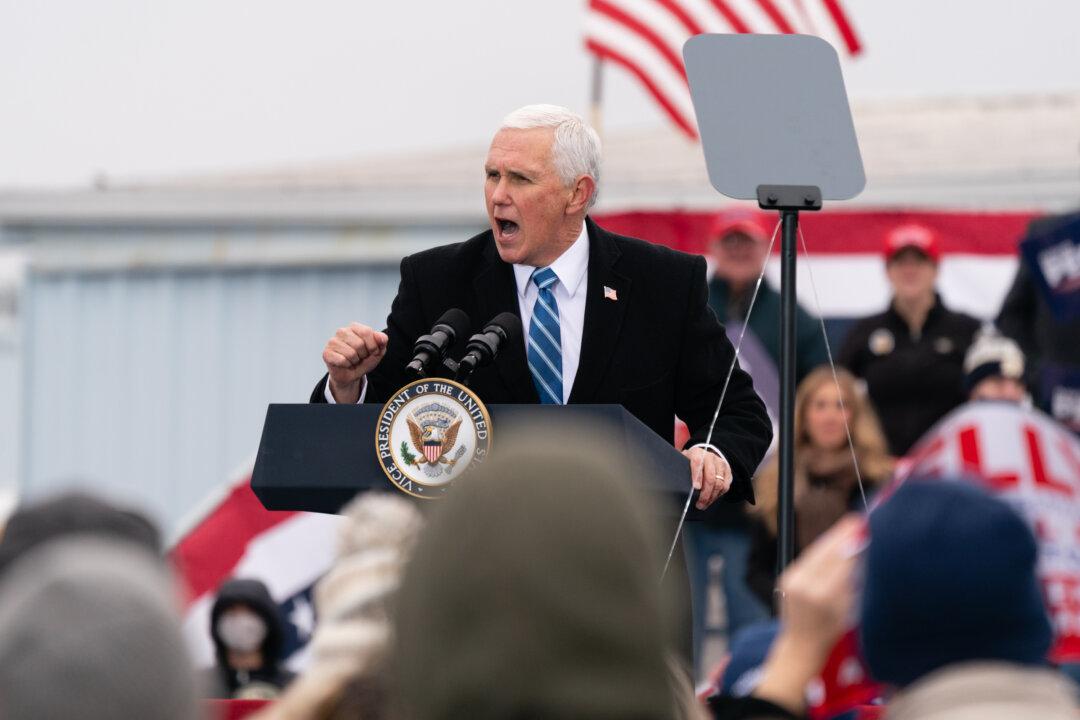Special counsel Robert Mueller’s deep-seated bias against President Donald Trump was on full display on May 29, as was his willingness to abdicate his duties and obscure the conclusions of his own report.
Mueller said: “If we had confidence that the president clearly did not commit a crime, we would have said that. ... We did not, however, make a determination as to whether the president did commit a crime.”





